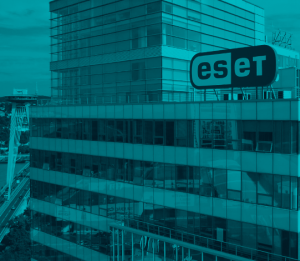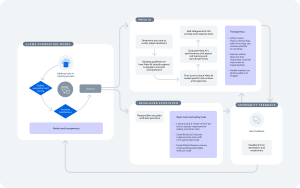SAN FRANCISCO — A detailed account of OpenAI‘s inaugural Spinning Up Workshop on February 2 showcases the organization’s commitment to advancing education in artificial intelligence. Drawing nearly 90 participants onsite and engaging nearly 300 more via livestream, the event attracted a diverse cohort representing various fields, including academia, software engineering, data science, ML engineering, medicine, and education. The workshop, built upon OpenAI’s Spinning Up in Deep RL resource package, delved deep into reinforcement learning (RL) algorithm design, robotics, and the development of safe AI systems.
Educational Goals and Strategies
At the core of OpenAI’s educational endeavors lies a commitment to equipping individuals with the necessary skills to contribute effectively to AI research and development, particularly in the realm of deep RL. Acknowledging the significance of a flexible curriculum, mentorship, and hands-on projects, the workshop aimed to provide participants with a comprehensive learning experience. Leveraging insights gained from previous initiatives such as the Scholars and Fellows programs, OpenAI endeavors to scale mentorship and guidance through innovative approaches like workshops.
Key Highlights and Insights
The workshop commenced with enlightening talks by industry experts, including Joshua Achiam, who elucidated the conceptual foundations of RL and discussed various RL algorithms. Matthias Plappert‘s presentation on OpenAI’s groundbreaking work in training dexterous robot hands in simulation to manipulate real-world objects underscored the importance of domain randomization and large-scale distributed training. Dario Amodei, leader of OpenAI’s Safety Team, shed light on AI safety challenges and recent advancements in mitigating risks associated with powerful AI systems.
Hands-On Learning and Collaboration
The afternoon sessions featured a series of hacking and breakout sessions aimed at enhancing participants’ implementation and research skills. Led by volunteers like Karl Cobbe and Daniel Ziegler, these sessions provided invaluable opportunities for participants to delve into TensorFlow, implement deep RL algorithms, and engage in advanced RL discussions. Despite the diverse ML experience among participants, ranging from novice to expert levels, the workshop fostered a collaborative environment conducive to learning and growth.
Feedback and Future Directions
Participants lauded the workshop’s immersive learning experience and emphasized the importance of mentorship and community engagement. Constructive feedback highlighted the need for clearer project guidance and extended workshop durations to facilitate deeper learning and project development. OpenAI remains committed to refining its educational initiatives, with plans underway for future workshops and collaborations aimed at fostering a global community dedicated to addressing AI’s challenges.
Join OpenAI’s Educational Journey
OpenAI invites individuals passionate about AI research and education to contribute to its mission. Whether through research collaborations or educational initiatives, there are numerous opportunities to make meaningful contributions to the field of AI. Explore OpenAI’s resources and events to become part of a dynamic community driving innovation and progress in AI education.
Special acknowledgments to Maddie Hall, Loren Kwan, Ian Atha, and Blake Tucker for their invaluable contributions to the success of the workshop.



















